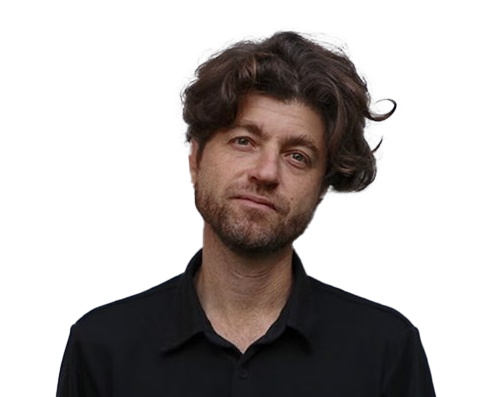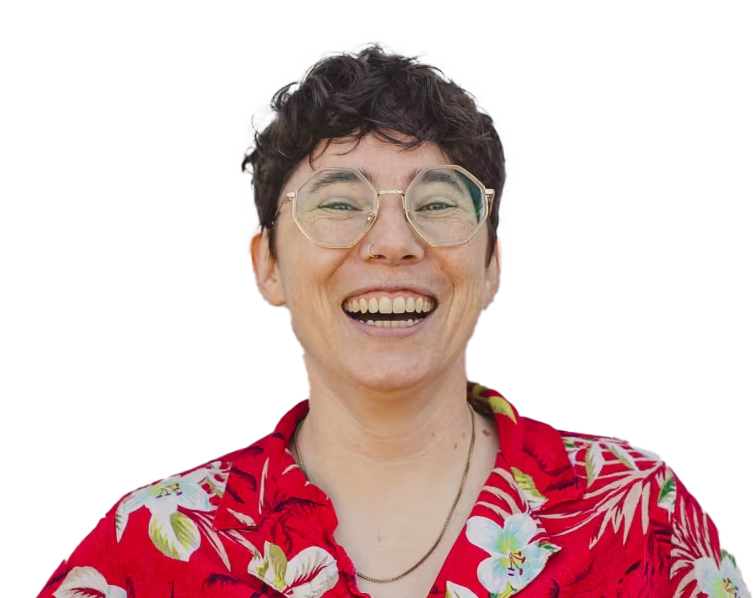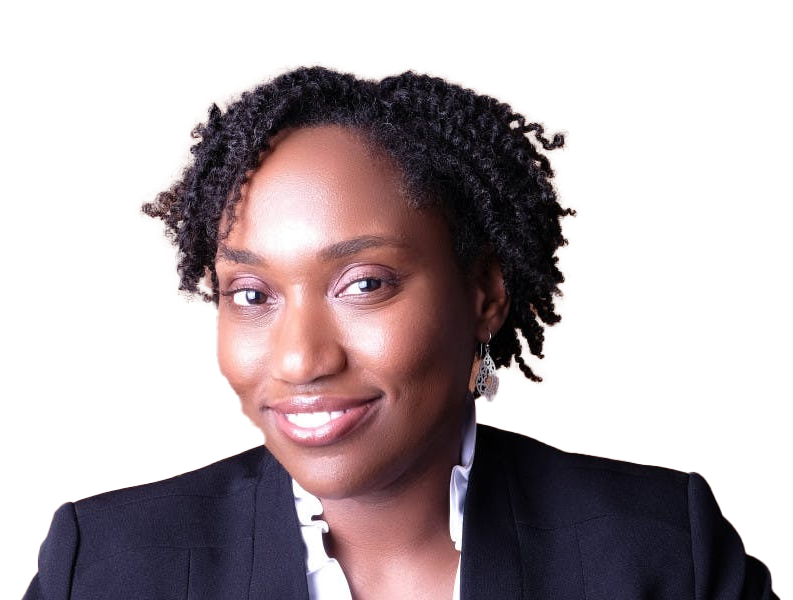This interview has been condensed and edited for clarity, and organized around key phrases in the conversation.
Location, location, location
Launching my magazine writing career in New York in my 20s allowed me to form friendships—with editors, writers, and mentors—that have been foundational to whatever success I’ve had. Since then, I’ve also lived in Durham; Washington, DC; Boston; and now Atlanta. But I often return to New York to see editor and writer buddies. I see those visits as just as necessary as any other kind of business travel, largely because magazine journalism is a relationship business, and you want to maintain the connections you’ve built (or just hang out and talk writing).
I often get asked if you need to live in New York to be a magazine writer. You don’t, obviously—good journalists will break through eventually, no matter where they live. But it does give you a leg up to be able to grab a cup of coffee with someone you admire, or someone you hope to work with in the future.
Of course, spending zero time in New York has its benefits, too. Because so many publications are clustered in Manhattan, assigning editors can miss the sorts of local stories that can launch an aspiring writer’s career—something you can own, without having to constantly peer over your shoulder for the competition.
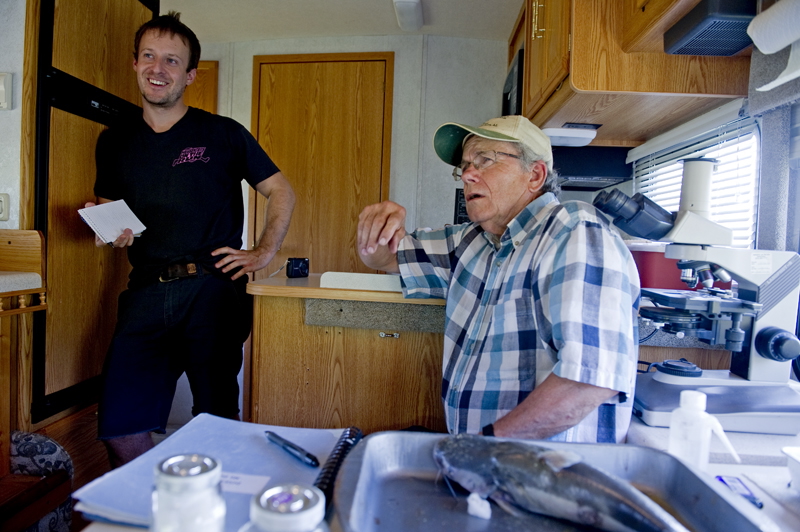
A $19,000 tip
I wrote a story for The New York Times Magazine about the impact of lockdown and the pandemic on immigrant entrepreneurs in Atlanta. One of the entrepreneurs I focused on was named Sagar; he operated a restaurant called Monsoon Masala. He’d immigrated to the Atlanta area in the mid-1990s, and prior to COVID, his business had been doing really well. But once the pandemic hit, everything changed for him—I spoke to him right at the moment where everything felt uncertain. Up in the air. I could see it in his face: He was scared. And I was scared for him.
After the story was published, I found out that a reader had called the restaurant, bought $100 worth of food, and tipped $19,000 on the order.
You never want to assume that something like that will happen as a result of a story you write, but when it does, it’s wonderful.
Writing for Cash Cab
When you’re writing for a game show like Cash Cab, you’re giving the viewer a mini history lesson—you want them to learn something. You want to give them a cocktail party patter–type fact. It’s an interesting test of concision. You have to learn how to get something across that is compelling, unusual, and that grips people. Every day, I would log into my computer and spend five to six hours developing a long list of questions because I had a quota that I had to meet. Ultimately, the questions had to be approved by an editor and pass fact-checking. Meanwhile, I got very fast on my feet: Working for the game show was really fun and required that I use a different kind of writing muscle.
The golden era of podcasting?
I started my podcasting company, Campside Media, five years ago. It was at the beginning of the commercialization of the podcasting space, which was moving from being the domain of public radio stations to the mainstream. Gimlet had sold to Spotify, Pineapple Street Media had sold to Entercom, and it felt like the sky was the limit.
Today, the situation is more complicated.
On the one hand, I firmly believe that audio journalism has not yet reached its potential in terms of storytelling possibilities. This is a really, really young medium, and I think the best is probably yet to come. The big reason I qualify that is that the business of audio journalism has not caught up with the demand for it. It’s not being monetized in the way it should be. The ad sales model is broken. I think the discovery of new podcasts is broken. Which is a bummer, given just how many people listen (and will continue to listen) to great narrative nonfiction podcasts of all varieties.
I’ll try to sum things up here: The artistic side of podcasting has unbelievable potential, whereas the business side…well, let’s call it TBD.

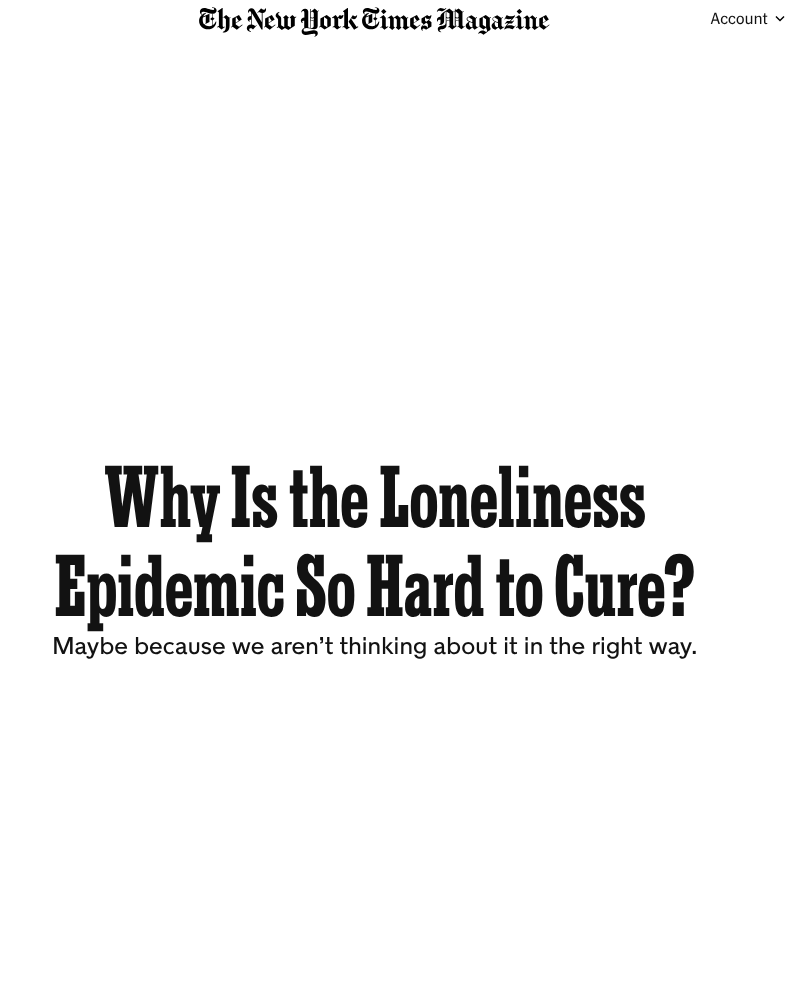

Why we’re so lonely
Reporting [on the loneliness epidemic] for The New York Times made me understand the universal need for connection that’s built into the human experience. There will always be a temptation toward electronic modes of communication, but I don’t believe they’ll ever eclipse the need for physical contact. I just don’t think our longing for in-person connection ever really goes away.
I have a nine-year-old daughter who is just starting to understand and use the internet. (She will not get a phone until she’s 35!) She can message me from her watch and she can email her friends from a school computer. She is a person who will be a part of the most digitally connected generation ever, as each future generation will be. But there’s no part of her that doesn’t want other people around.
And that’s my counterintuitive takeaway from writing about loneliness: It’s not as simple as saying, “Well, everyone’s stuck on a device now, and they don’t want to talk to people in real life.” It is perfectly possible to embrace online modes of communication and also be a person in the world. Plenty of us do it. And we do it because in-person communication is literally evolutionarily ingrained in our very beings.
Also, I’d be remiss if I didn’t point out that the internet, in of itself, is not all terrible, just as in-person communication isn’t always perfect and uplifting. It’s not as binary as that. Think (as I suggest in the piece) about a young trans kid in a conservative community in the Midwest. The ability to find community online is going to be incredibly important to that person. All to say that this stuff is very complicated!
Writing as a craft
I love John McPhee, who has, in recent years, written extensively about the craft of magazine journalism. One of my favorite passages involves his recollection of how many magazine writers started out as poets, or how many poets became screenwriters, or how many novelists became poets. Writing is like baseball. Some people are destined to be a shortstop and then there are people who can play all the positions. Most are shortstops, or third basemen, or catchers. You get the point: Most writers I know eventually learn where their skills truly lie.
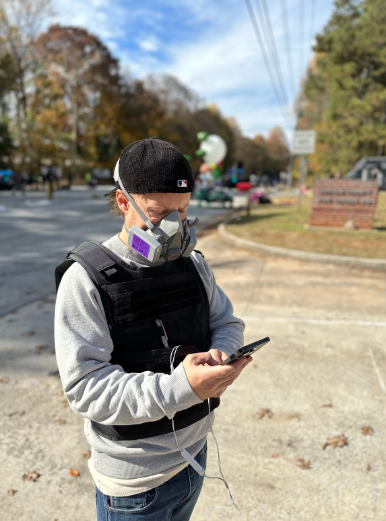
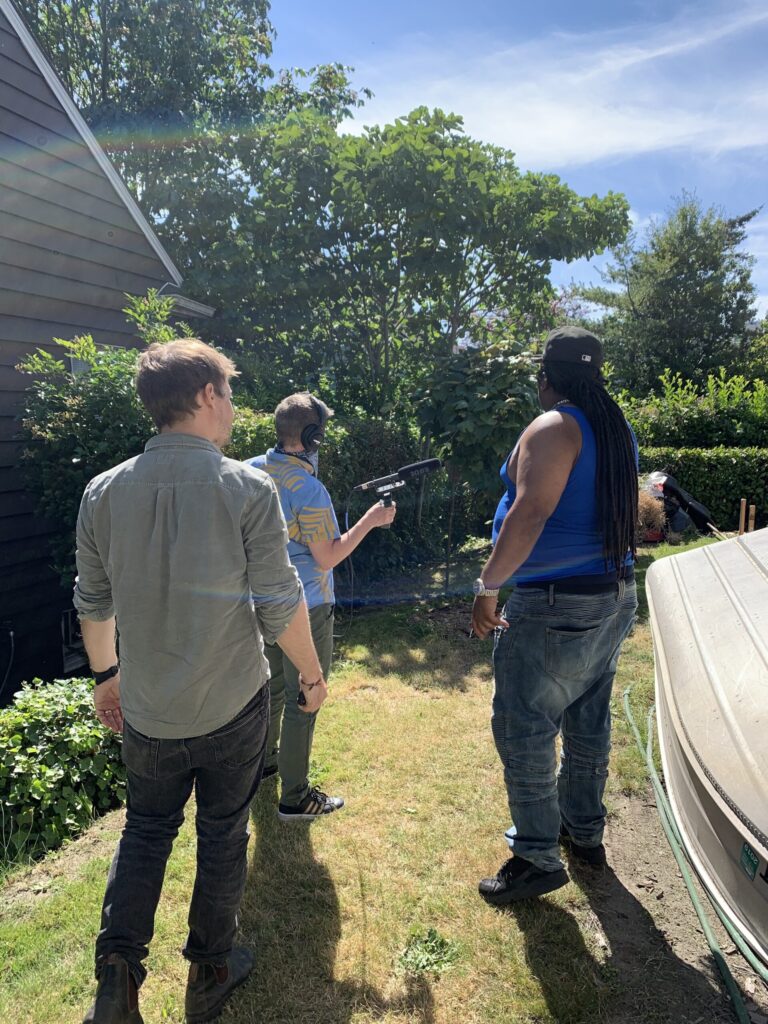
A good interview
Ultimately, the best answers—and the most honesty—come from a place of trust.
Over the past few years, I’ve interviewed people from all ends of the political spectrum. The practice that I’ve adopted is not to argue with people about their politics during the interview. I try to find common ground on everything else I can. That’s how I get people to open up to me. You’ve got to try to see somebody as a human first, and to understand their motivations. In this highly partisan world we live in—I know this sounds like a Hallmark card, but I genuinely believe that the only way we’re getting through this together is with empathy.
July 9, 2025
Photos provided courtesy of the Fellow.


